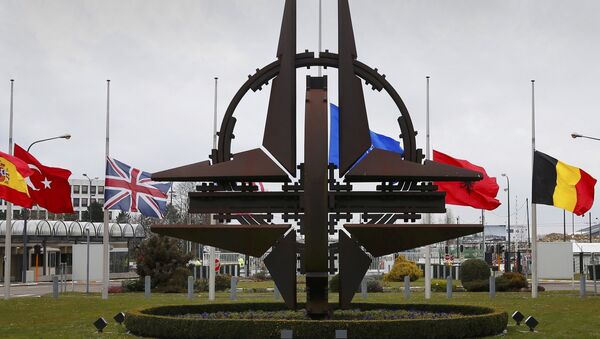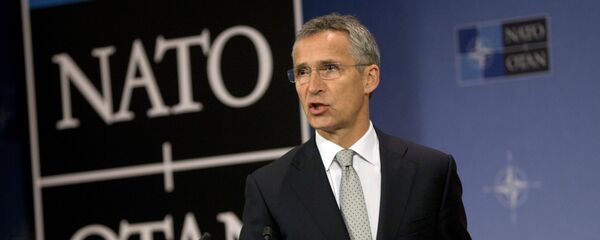"I don't think they will add too much in practice, beyond reassuring some states in the region that the United States still has a desire to be involved," Dr. Cristian Nitoiu, from the London School of Economics and Political Science (LSE), told Sputnik.
The battalions are touted as a "spearhead" rapid reaction force on the border with Russia that will tackle a range of possible threats.
Dr. Nitoiu predicted that the force will be used to buy the alliance some time to mount a serious counteroffensive but will not stop any type of intervention in the short term.
"It will, however, enhance the capability of Allies to maintain, and if required, implement their collective self-defense commitments," he added.
Dr. Flanagan denied that NATO was planning to establish permanent bases in Central and Eastern Europe, saying the allies were expected to approve an "enhanced rotational presence of forces who would conduct training and exercises."
Nevertheless, Dr. Nitoiu said Russia was certain to see this as a provocation and beef up its defenses accordingly, despite both sides’ apparent unwillingness to slide back into a cold war.
"The willingness to engage in a confrontation similar to the Cold War is largely absent in both Russia and the West," he told Sputnik.
Dr. Flanagan reminded that NATO and US leaders had all previously made clear that the 28-nation bloc did not seek a confrontation with Russia or a new cold war.
In February, NATO defense minister approved the deployment of NATO troops to Eastern Europe. The July 8-9 summit is expected to finalize the exact contributions from member states amid what NATO Secretary General Jens Stoltenberg has described as a challenging regional security situation.





